Observers say that Elon Musk's acquisition of Twitter contributed to Mr. Trump's victory in the 2024 US presidential election, while also demonstrating the great power of social networks.
"I don't think this race would be this close if it weren't for what Elon Musk is doing with X and showing people what's going on," Donald Trump Jr. said in a podcast on Tuesday (November 5).
“The turning point was Elon buying Twitter,” Shaun Maguire, a partner at Silicon Valley venture capital firm Sequoia Capital and a supporter of Musk and Trump, wrote on X.
Information dissemination platform
The Financial Times reported that in the 24 hours of November 5 alone, Musk tweeted nearly 200 times on social network X, attracting 955 million views, compared to an average of 100 posts per day in the month before the important vote.
Previously, a report from the nonprofit Center for Countering Digital Hate (CCDH) showed that Elon Musk's political posts since July have attracted 17.1 billion views, more than double the total number of views of US "political campaign ads" on X during the same period.
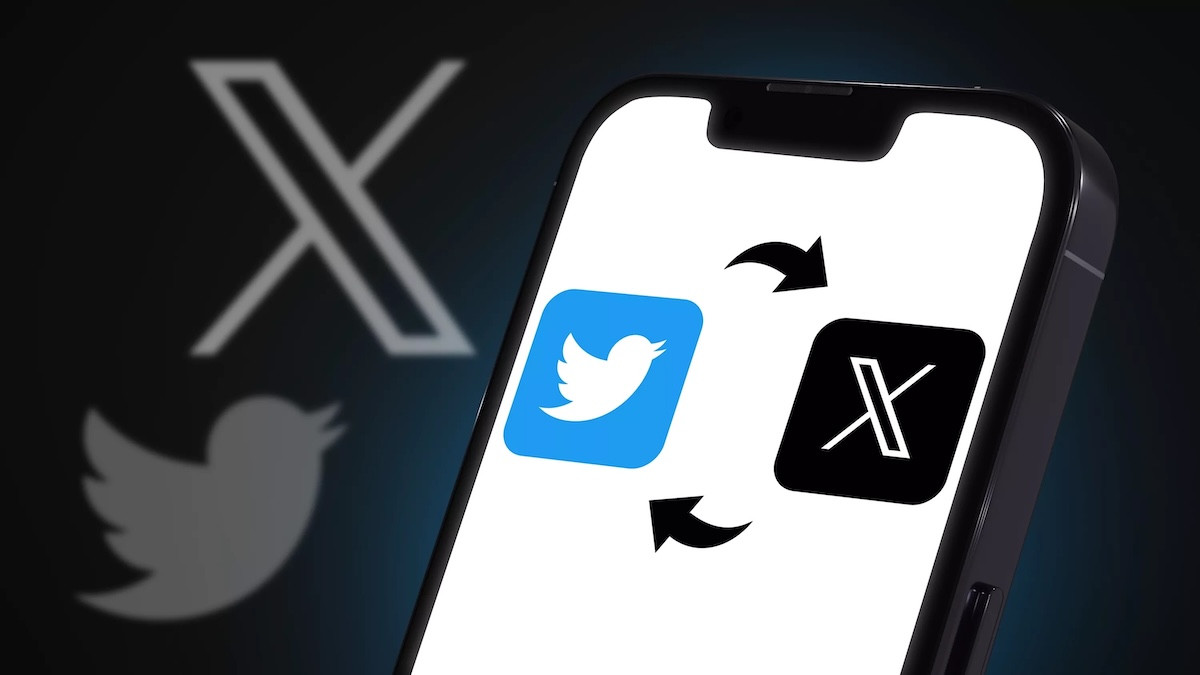
CCDH estimates that a campaign would cost about $24 million to achieve that kind of reach. But at least 87 of Musk’s political posts promoted information that fact-checking organizations have deemed false or misleading.
These articles have been viewed 2 billion times. Notably, none of them come with Community Notes, a user-contributed fact-checking tool.
An analysis by fact-checking group PolitiFact of 450 of Musk's posts in the first two weeks of October found a plethora of misinformation, which received nearly 679 million views and more than 5.3 million likes.
According to experts, X played a central role in spreading “controversial” information about US battleground states - which could potentially impact the outcome of the US presidential election.
Since acquiring and becoming the boss of X (formerly Twitter), Musk has eliminated most of his content moderation staff.
With nearly 203 million followers on X, Musk can reach a huge audience and help create a “network effect,” pushing content from X to other social media and messaging platforms.
Expanding power
The X chief could bring a group of allies from Silicon Valley, including tech investor and podcast host David Sacks and Palmer Luckey, co-founder of defense tech startup Anduril, to the White House as he takes on the role of head of a new department called Government Effectiveness in the incoming Trump administration.
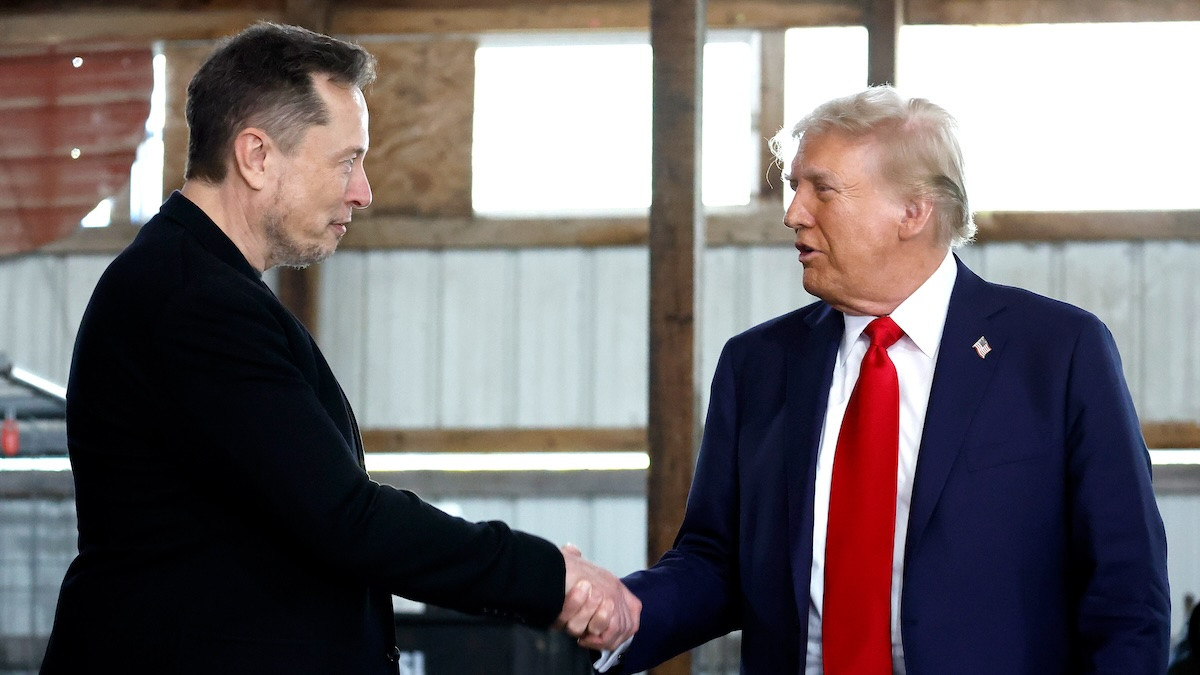
On social network X, Musk said that “it is important that the Department of Defense is open to startups like his.”
Investors are also betting that Musk’s own companies will benefit. Even if Trump — a well-known tech skeptic — pulls back on EV subsidies, “Tesla still has unprecedented scale and scope in the EV industry, and this dynamic could give Musk and Tesla a clear competitive advantage in a non-subsidy environment,” said Wedbush analyst Daniel Ives.
Even before the election results emerged, Musk made it clear that he would play an active role in American politics for years to come.
The lobbying group will “target major influence in the 2026 midterm elections” and seek to influence district attorney and judicial elections across the country, the head of X said.
The world's richest billionaire also shared about the Department of Government Efficiency's plan, such as cutting "the huge federal bureaucracy that is seriously holding America back."
“We’re going to do a comprehensive review of all government agencies. There are a lot of agencies that have overlapping responsibilities and overlapping portfolios,” Musk said. “There are a lot of people working for the government that we can transition to more productive roles in the private sector.”
Musk said the cuts would be done in a “humane way” and floated the idea of paying government employees for two years while they look for new jobs.
He also said he wants to impose term limits on bureaucrats and significantly scale back many other administrative rules.
“Regulations are still necessary, but they’re like referees on a football field. You want referees, but you don’t want more referees than players,” Musk said. “That would be crazy.”
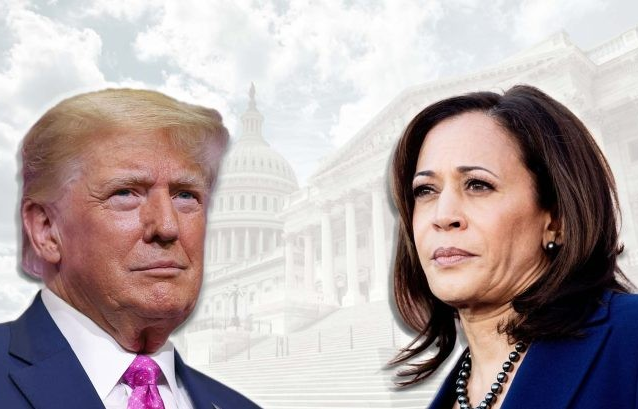
Source: https://vietnamnet.vn/buoc-ngoat-twitter-va-dau-an-mang-xa-hoi-trong-chien-thang-cua-donald-trump-2339486.html


![[Photo] Magical moment of double five-colored clouds on Ba Den mountain on the day of the Buddha's relic procession](https://vphoto.vietnam.vn/thumb/1200x675/vietnam/resource/IMAGE/2025/5/9/7a710556965c413397f9e38ac9708d2f)

![[Photo] Russian military power on display at parade celebrating 80 years of victory over fascism](https://vphoto.vietnam.vn/thumb/1200x675/vietnam/resource/IMAGE/2025/5/9/ce054c3a71b74b1da3be310973aebcfd)
![[Photo] General Secretary To Lam and international leaders attend the parade celebrating the 80th anniversary of the victory over fascism in Russia](https://vphoto.vietnam.vn/thumb/1200x675/vietnam/resource/IMAGE/2025/5/9/4ec77ed7629a45c79d6e8aa952f20dd3)
![[Photo] Prime Minister Pham Minh Chinh chairs a special Government meeting on the arrangement of administrative units at all levels.](https://vphoto.vietnam.vn/thumb/1200x675/vietnam/resource/IMAGE/2025/5/9/6a22e6a997424870abfb39817bb9bb6c)

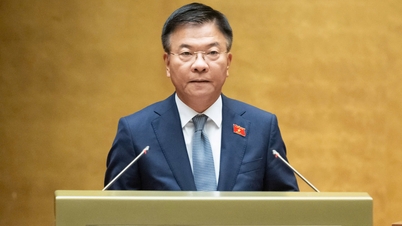









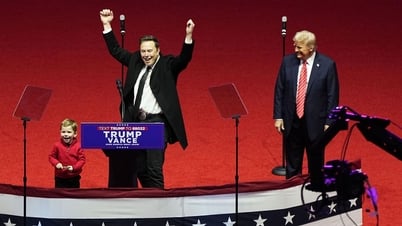



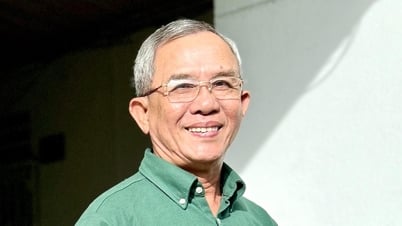















































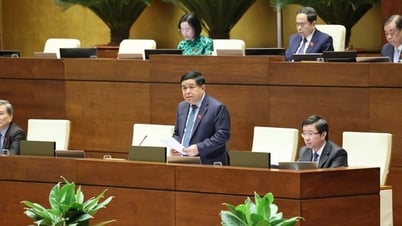



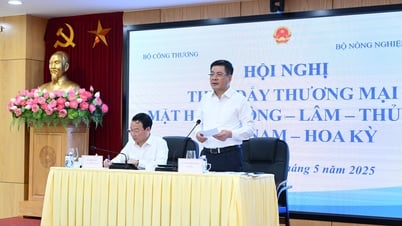

























Comment (0)